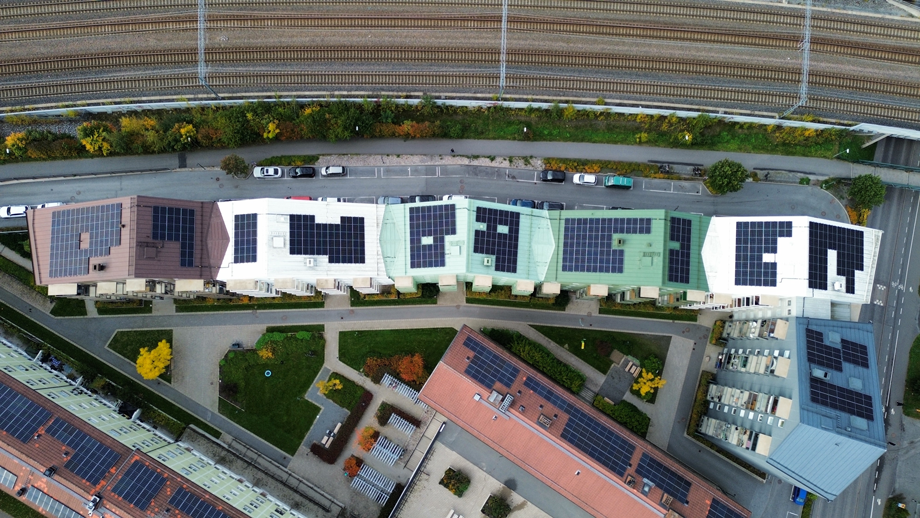It will be expensive. But economically viable in the long run.
This is the debate between the proponents and opponents of the latest EU proposal, which aims to encourage residents in member countries to drive fossil-free. The proposal involves the construction of charging stations with a maximum distance of 60 kilometers between each charging point on important transport routes.
The goal is to have 3.5 million charging stations within the EU by 2030 and a capacity of at least one kilowatt per registered electric car. However, Infrastructure Minister Tomas Eneroth (S) expresses some skepticism about the proposal in Brussels.
– The important thing is that we expand the charging infrastructure, and we are doing that in Sweden to a very large extent. When it comes to how close they should be, we have said that it is important that we have a regulatory framework that works in all countries. There is a certain difference between having charging infrastructure in Berlin and along the E45 in northern Sweden, Eneroth notes.
"Important that countries take initiative"
A decision on the issue of charging electric cars will not be made anytime soon, but Eneroth wants to see member states act on their own initiative.
– It will probably take another six months or so, but I also think it is extremely important that countries do not wait for an EU decision, but take the initiative themselves and show that it is possible to speed up the expansion.
The EU must have reduced its emissions by at least 55 percent by 2030, which is a target nicknamed "fit for 55". This is in comparison to 1990 levels and will be applied to land transport, aviation and shipping.





